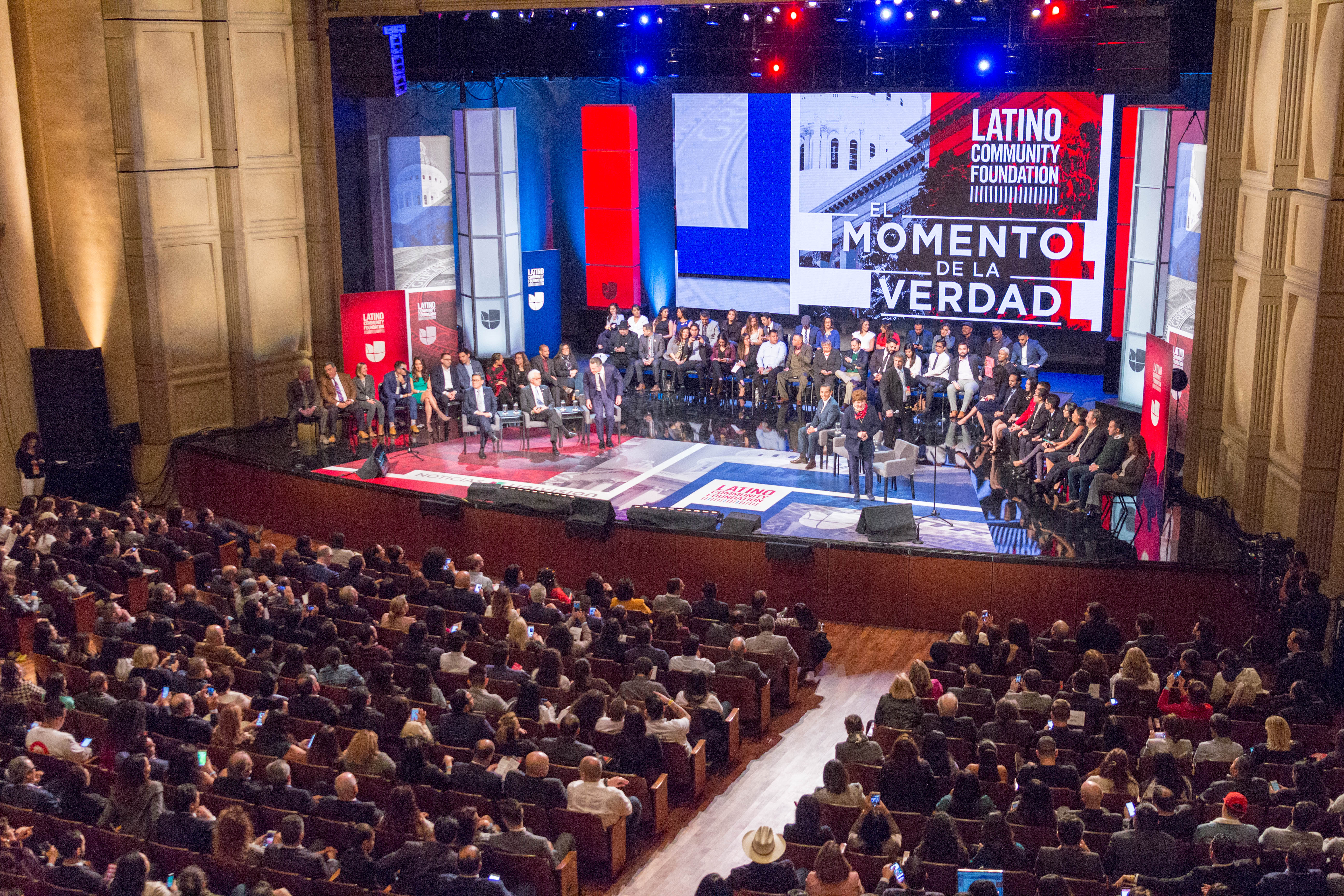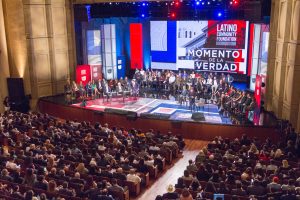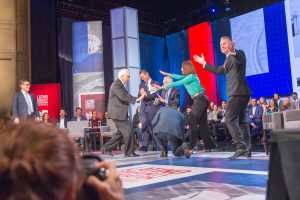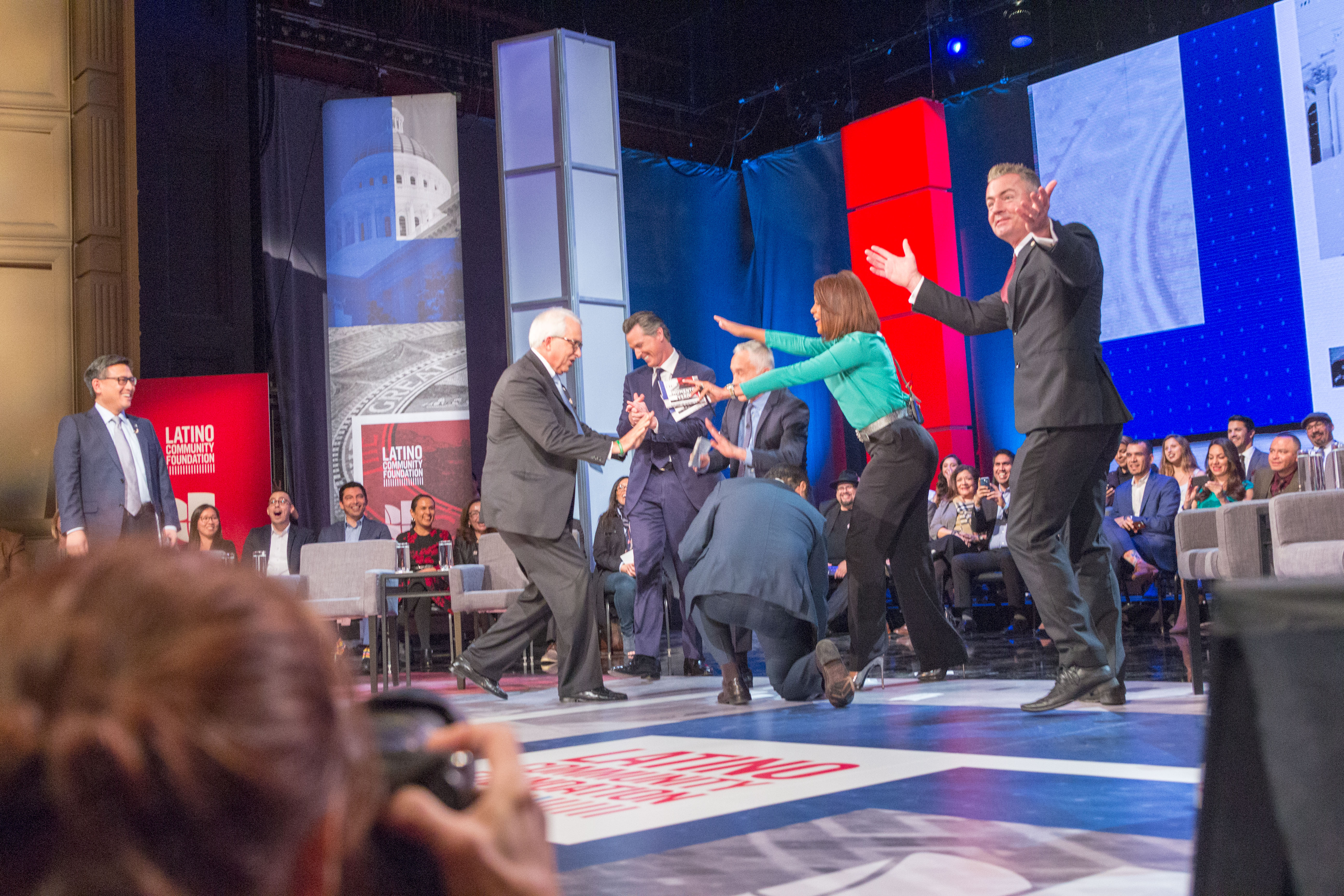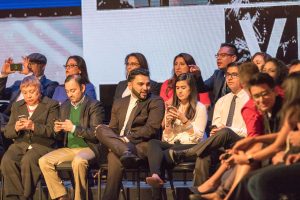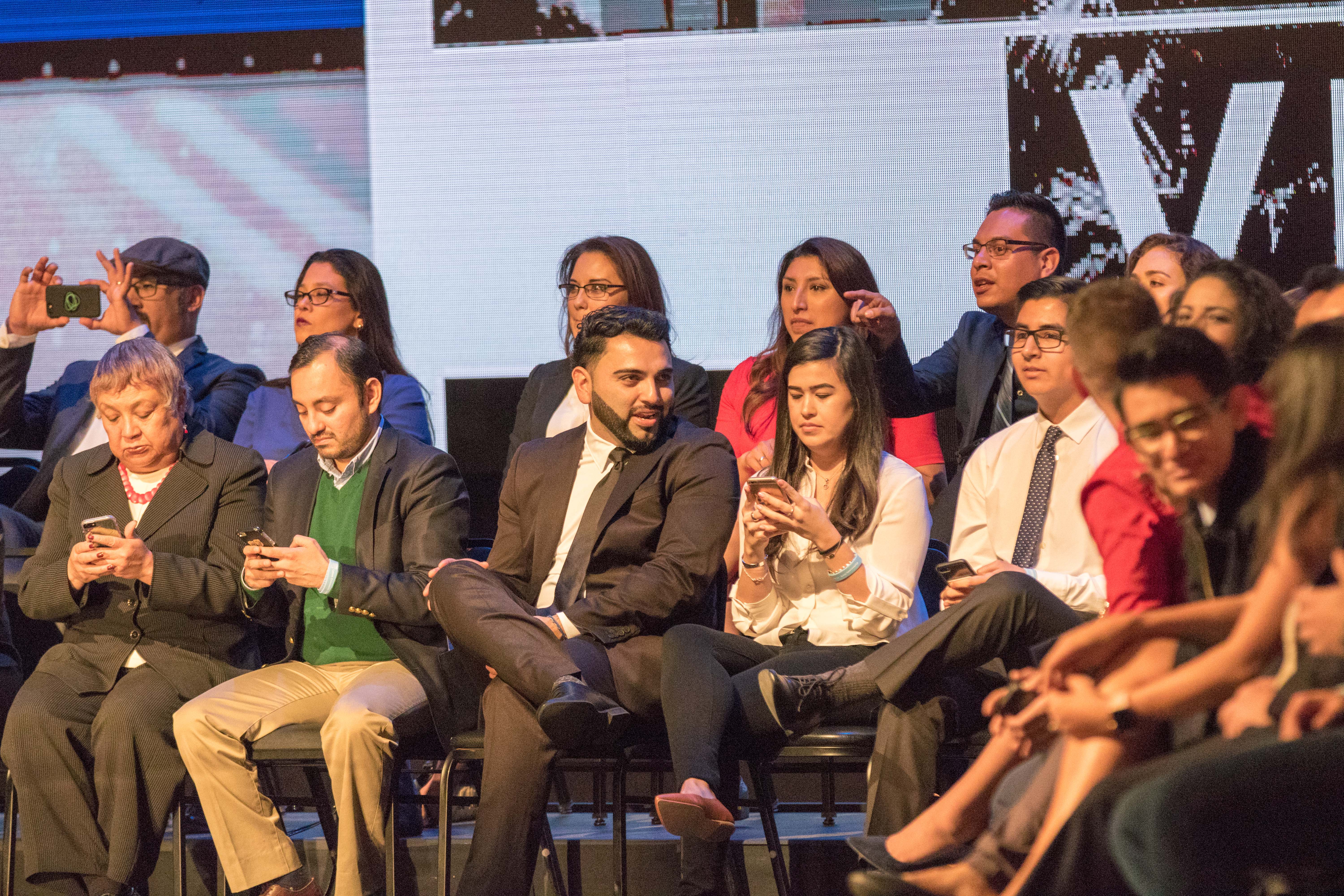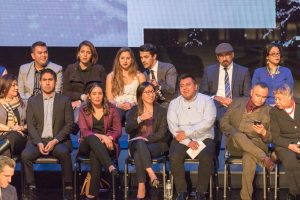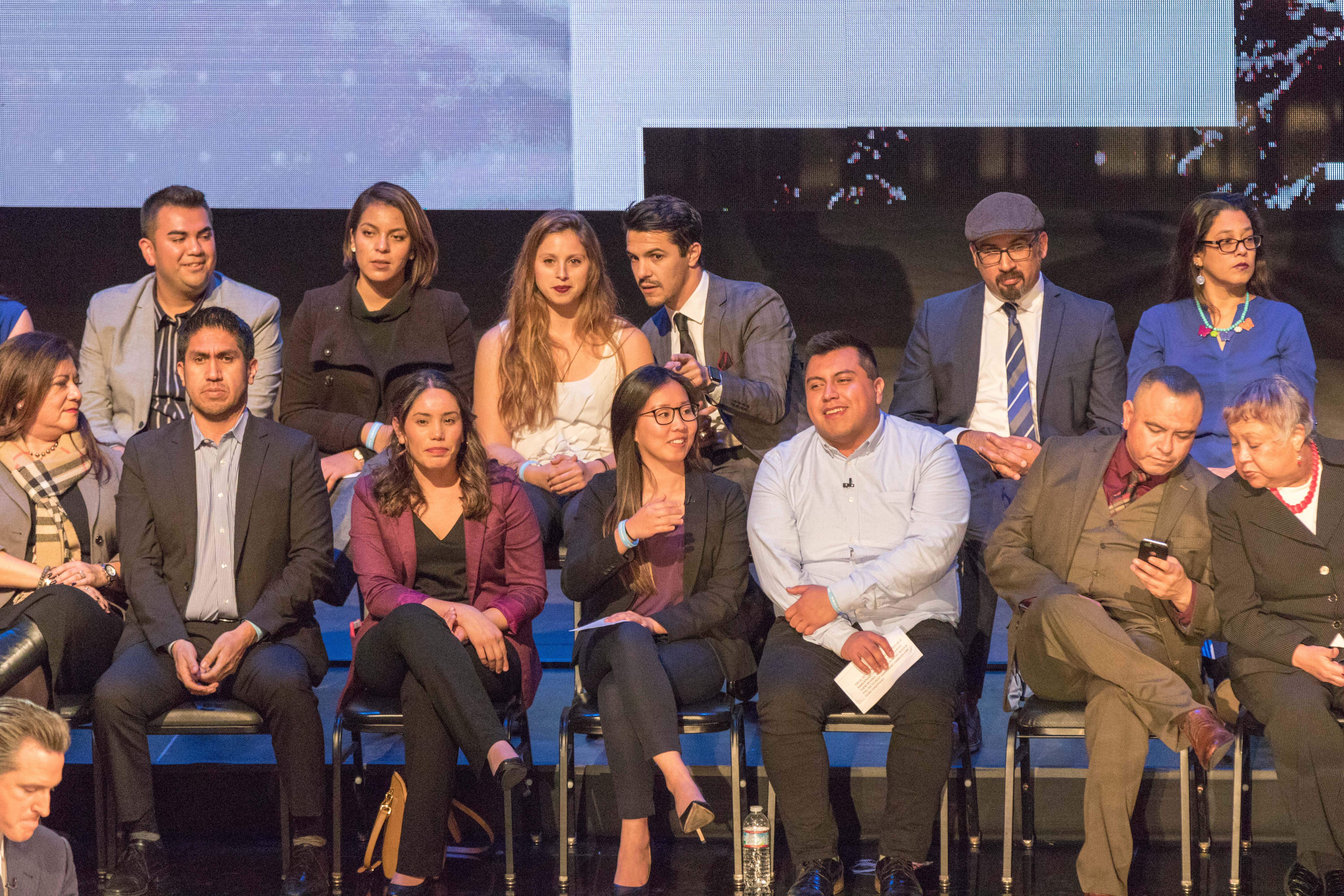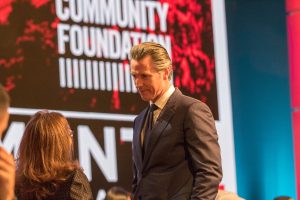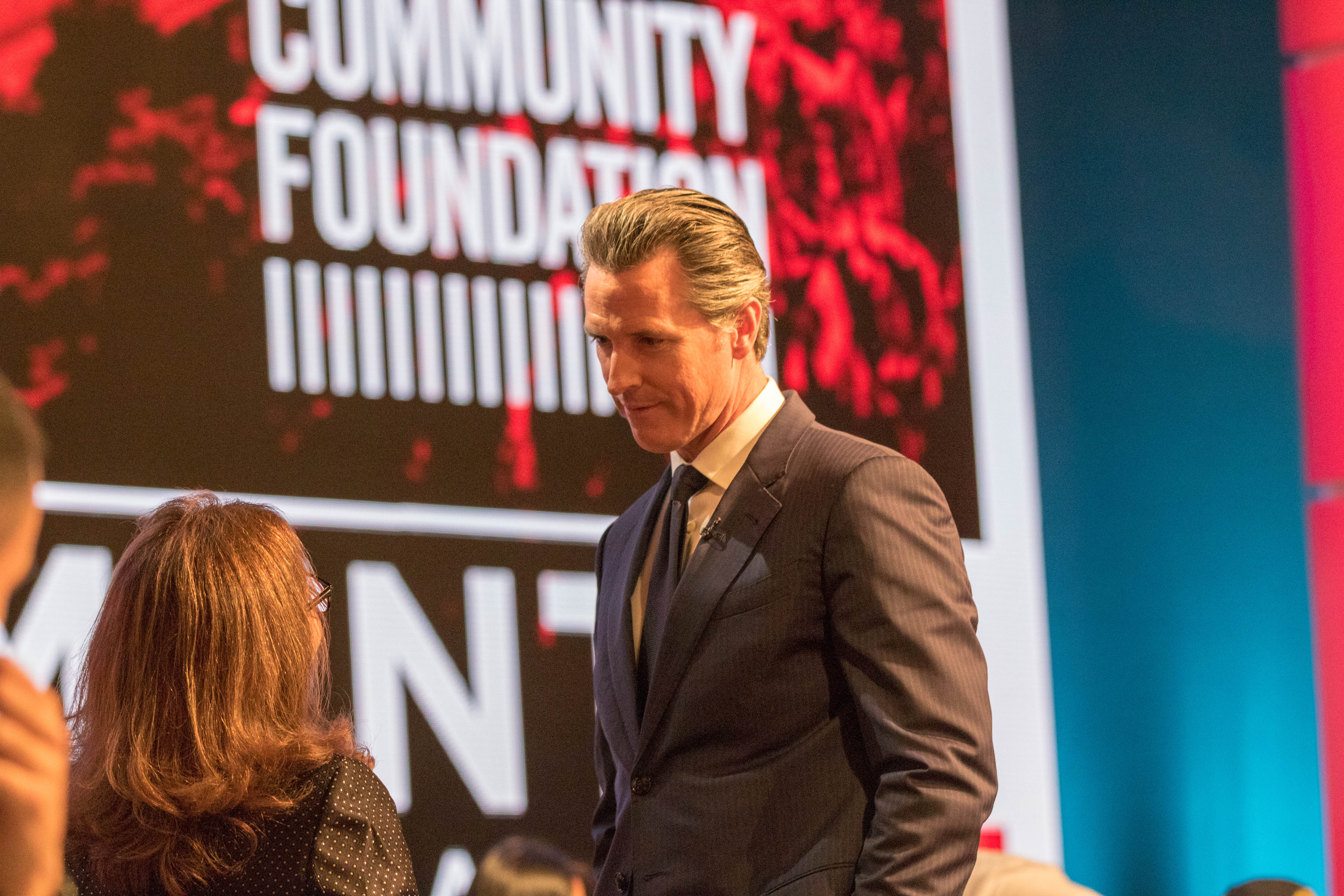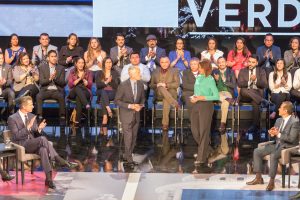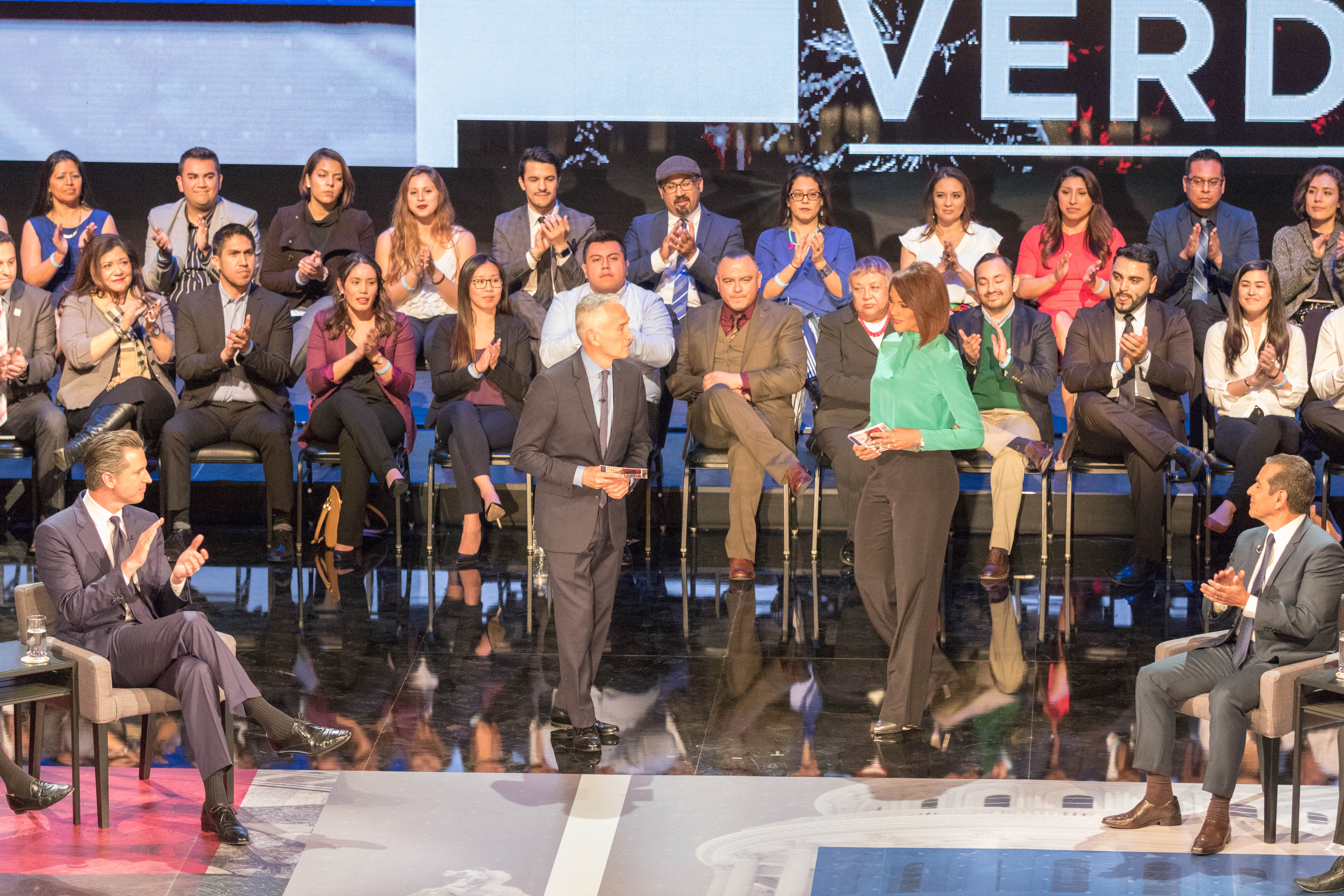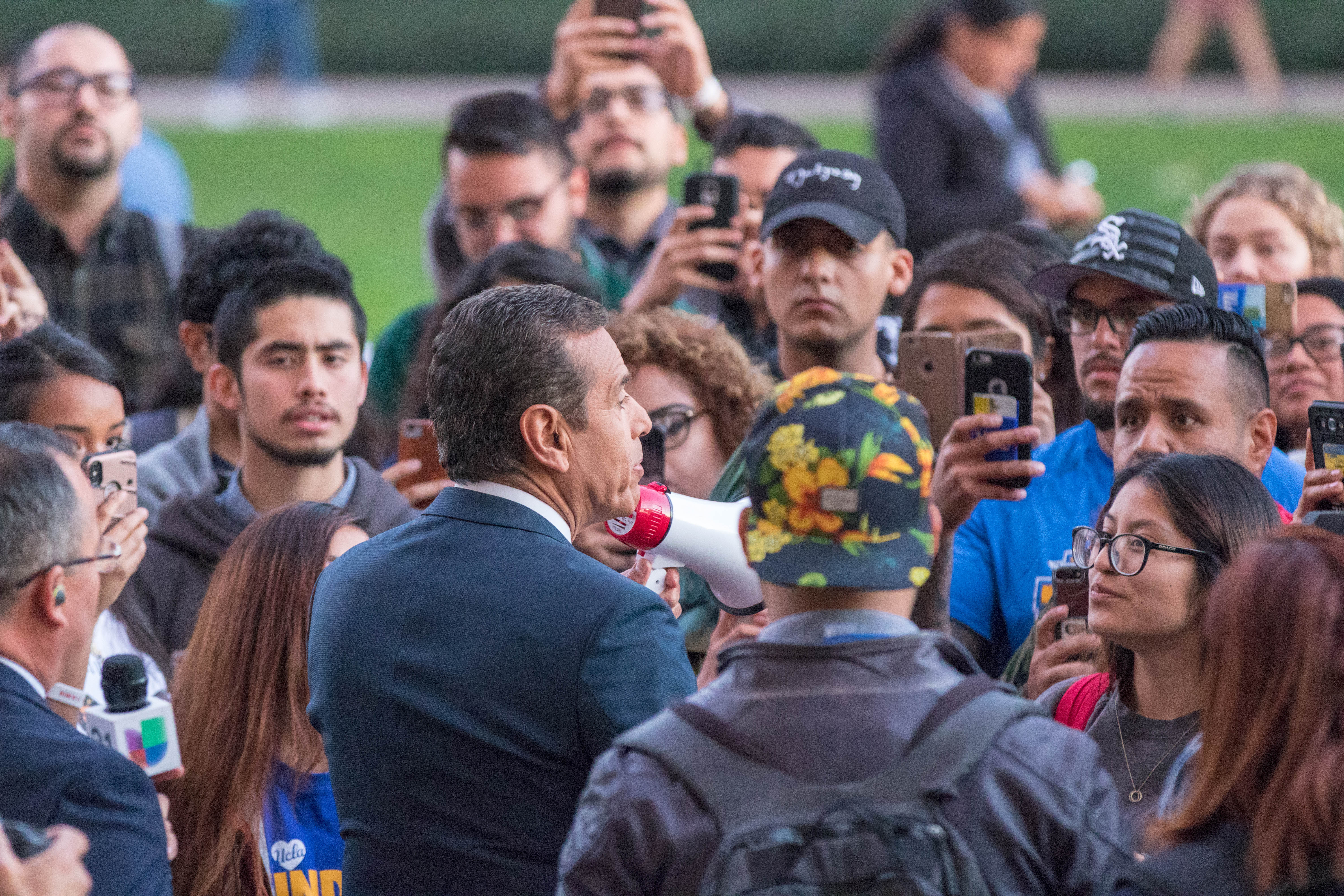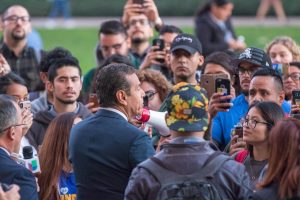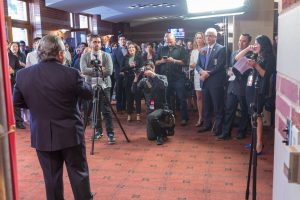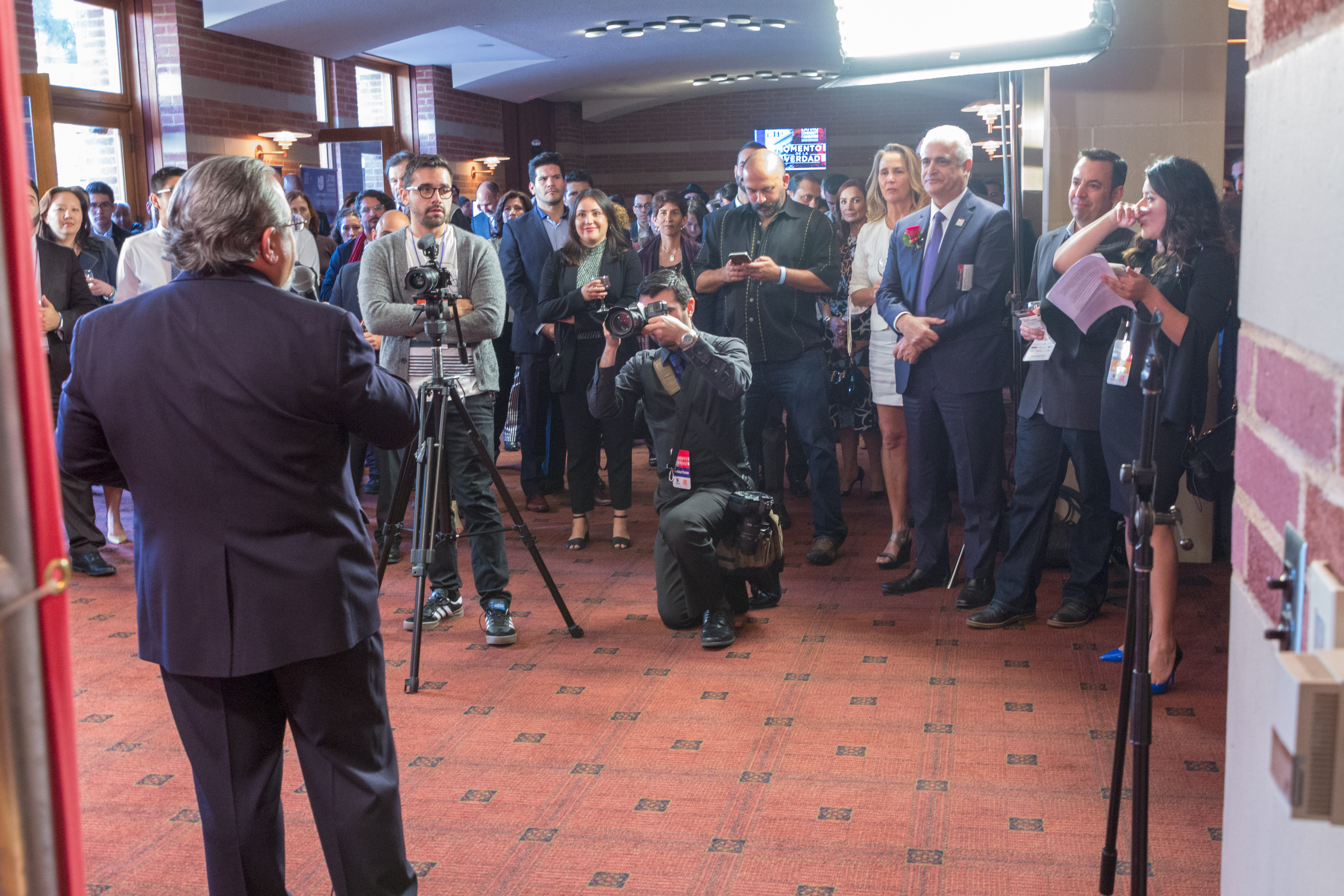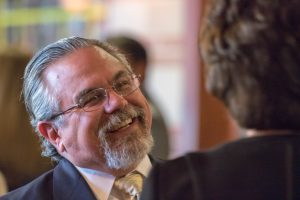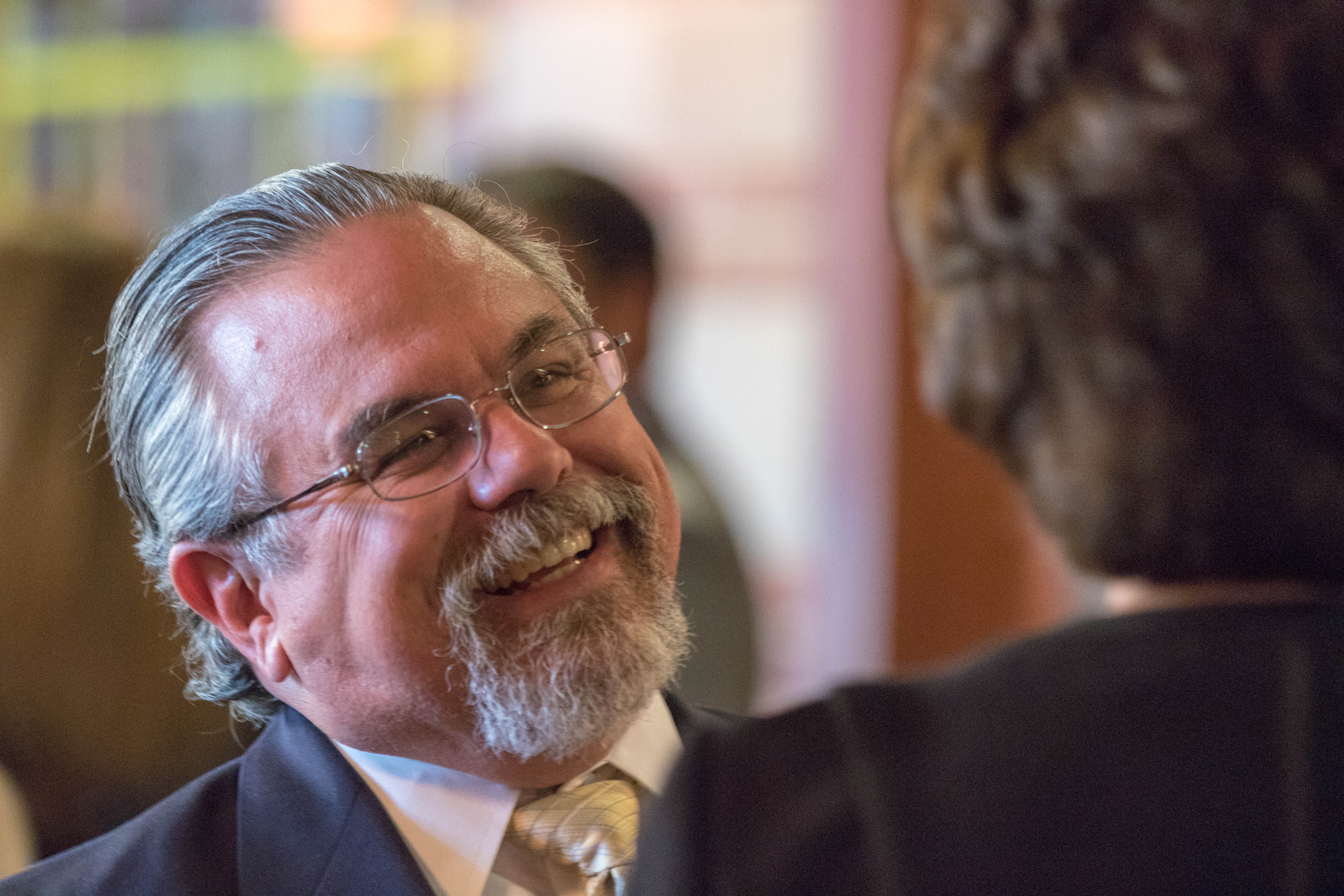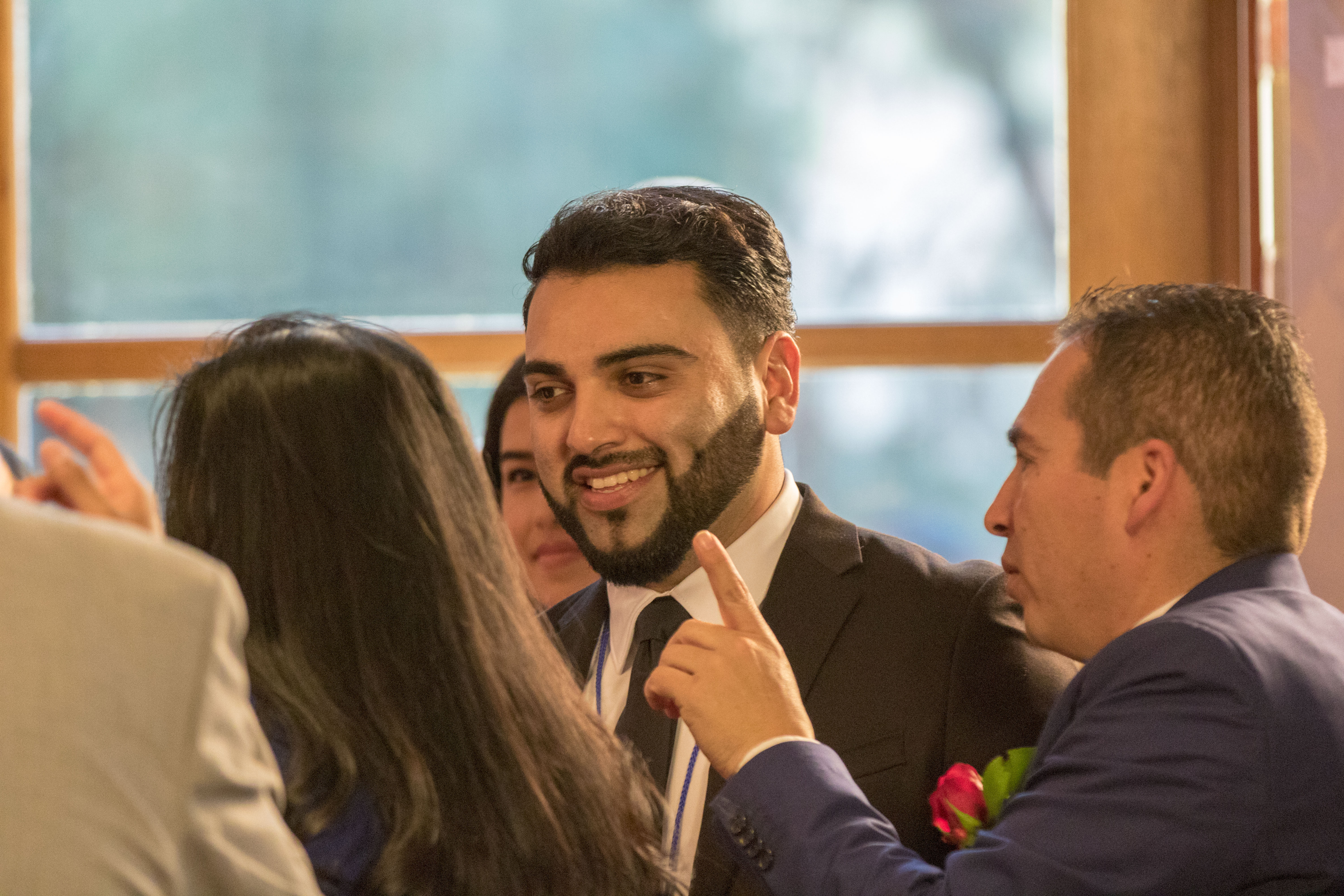By Les Dunseith
UCLA Luskin was an active participant in the 2018 California Gubernatorial Forum held Jan. 25, 2018, at UCLA during which six candidates debated issues such as immigration policy, health care, education and ethics.
Dean Gary Segura spoke at a VIP reception that preceded the debate and later welcomed attendees inside Royce Hall to the forum, which was sponsored by the Latino Community Foundation, a San Francisco-based group that invests in Latino-led organizations, and moderated by anchors Jorge Ramos and Ilia Calderón of Univision, a television and media company.
The Latino electorate, whose political clout continues to grow in California, could decide the governor’s race, and a focus on issues of importance to minorities was evident throughout the forum.
“Beyond Latinos, people of color, of all varieties and histories in this nation, are systematically driven from the electoral system, neglected in every aspect of public services, targeted in an unequal justice system, and vulnerable to economic and social exploitation at every turn,” Segura said during the pre-debate reception. “In California, we know we can do better. Tonight, I hope we hear some cogent arguments as to how best to proceed.”
In addition to Segura, many other staff and faculty members affiliated with the new Latino Policy and Politics Initiative at UCLA were on hand. Several students, including representatives from all three departments at the UCLA Luskin School of Public Affairs, were seated on stage behind the candidates.
The night’s first question was about deportation policy, and it was posed by UCLA medical student Marcela Zhou and recent UCLA graduate Erick Leyva, whose educations have been directly impacted by the federal Deferred Action for Childhood Arrival (DACA) program that the Trump administration rescinded late last year.
Gubernatorial front-runners Gavin Newsom and Antonio Villaraigosa both took advantage of the opportunity to publicly voice their support of DACA recipients and to stress agreement with California’s pro-immigrant stance in general, including its sanctuary state status.
Under California’s new law, state and local law enforcement officials are prohibited from sharing undocumented individuals’ information with federal immigration authorities. The policy directly contradicts the Trump administration’s frequent portrayal of ethnic, cultural and racial differences in a negative light.
“We don’t tolerate that diversity, we celebrate that diversity,” said Newsom, California’s lieutenant governor.
Forum guests were greeted at the forum’s entrance by about 50 UCLA students demonstrating outside Royce Hall, calling on the gubernatorial candidates to support protections for all undocumented individuals — not just DACA participants.
At one point, Villaraigosa waded into the crowd and declared his support for their viewpoint. As the former Los Angeles mayor walked up the steps to enter the building, the students chanted, “Say It Inside!” — an effort to prod Villaraigosa to go on the record in support of undocumented immigrants.
Soon into the debate, he did just that. “They’re saying, ‘no to deportations.’ And I agree. They said that we should say it in here, and we should say it. We are tired of deportations,” said Villaraigosa before invoking in Spanish the rallying cry among many pro-immigrant activists. “Aqui extamos y no nos vamos!”
The two Republican candidates at the forum, businessman John Cox and Assemblyman Travis Allen (R-Huntington Beach), both oppose California’s sanctuary status and said the state’s support of undocumented workers undermines the needs of U.S. citizens. Their statements often led to boos from the crowd, and Allen, in particular, generated loud objections from the audience when he expressed full support for the policies of President Donald Trump.
In strong contrast, the four Democrats often drew cheers with rebukes of Trump and his administration’s policies.
“California was built on the back of immigrants,” California Treasurer John Chiang, a Democrat, said. “Fundamentally we’re about dignity, decency and respect for all people. That is the heart of America, and we want to be that shining [city] to send a signal to President Trump that you’re dead wrong.”
Democrat Delaine Eastin, a former state schools chief, drew loud applause when she referred to Trump as an “orange-haired misogynist racist.”
To boost the numbers of Latinos pursuing higher education, Eastin suggested expansion of childcare and child development programs. She and other Democratic candidates also advocated for free college tuition.
“The best crime prevention program is education,” Eastin said.
Responding to a question about California farmers, Eastin called for a long-range water plan and better treatment of agricultural workers. Cox said he sympathized with Central Valley farmers and supports a seasonal worker program “to have people come in and get the work done.” Once crops are picked, however, he said the workers should go back to their countries.
The issue of single-payer healthcare prompted a testy exchange between Villaraigosa and Newsom, who favors improvements to the state’s proposed single-payer health-care legislation. Villaraigosa disagreed, saying he is concerned the idea lacks concrete funding.
“That’s defeatism,” Newsom shot back.
Near the end of the forum, one of the most dramatic moments took place when moderator Ramos returned to the question of undocumented immigrants. He reminded the crowd of the two DACA recipients who had opened the night’s questioning.
“Would you deport them?” Ramos pointedly asked the candidates.
In response, Chiang, Newsom, Villaraigosa and Eastin all said no, and that they would work to protect them. Even Cox said no, though he qualified his response by calling for stronger border security.
Catcalls from the audience greeted Allen when his turn to answer came. “As the next governor of the state California,” he began, “I will follow immigration law …”
Ramos gestured to Zhou and Leyva seated behind him, and they moved to center stage. As Allen walked over and shook their hands, audience objections grew louder.
“Yes or no? Yes or no?” the crowd chanted after Allen dodged a direct answer by saying Republicans plan to include DACA protection as part of immigration reform.
Shouts from the crowd erupted. As the two young people shifted uncomfortably just inches away, Ramos asked again, “Would you deport them, Mr. Allen?”
“That’s not the job of the governor of the state of California,” Allen declared. “Our president is working on a deal right now to protect your status in exchange for border security and a comprehensive immigration plan …”
The crowd grew even louder, drowning out Allen. “Make him leave! Make him leave!” some shouted.
View a Flickr album with additional photos.
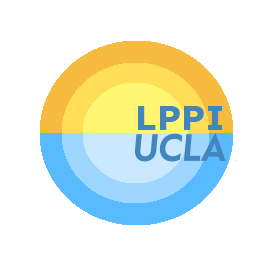
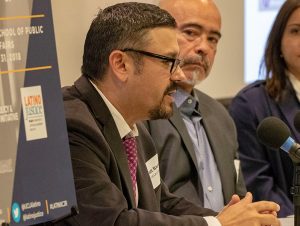
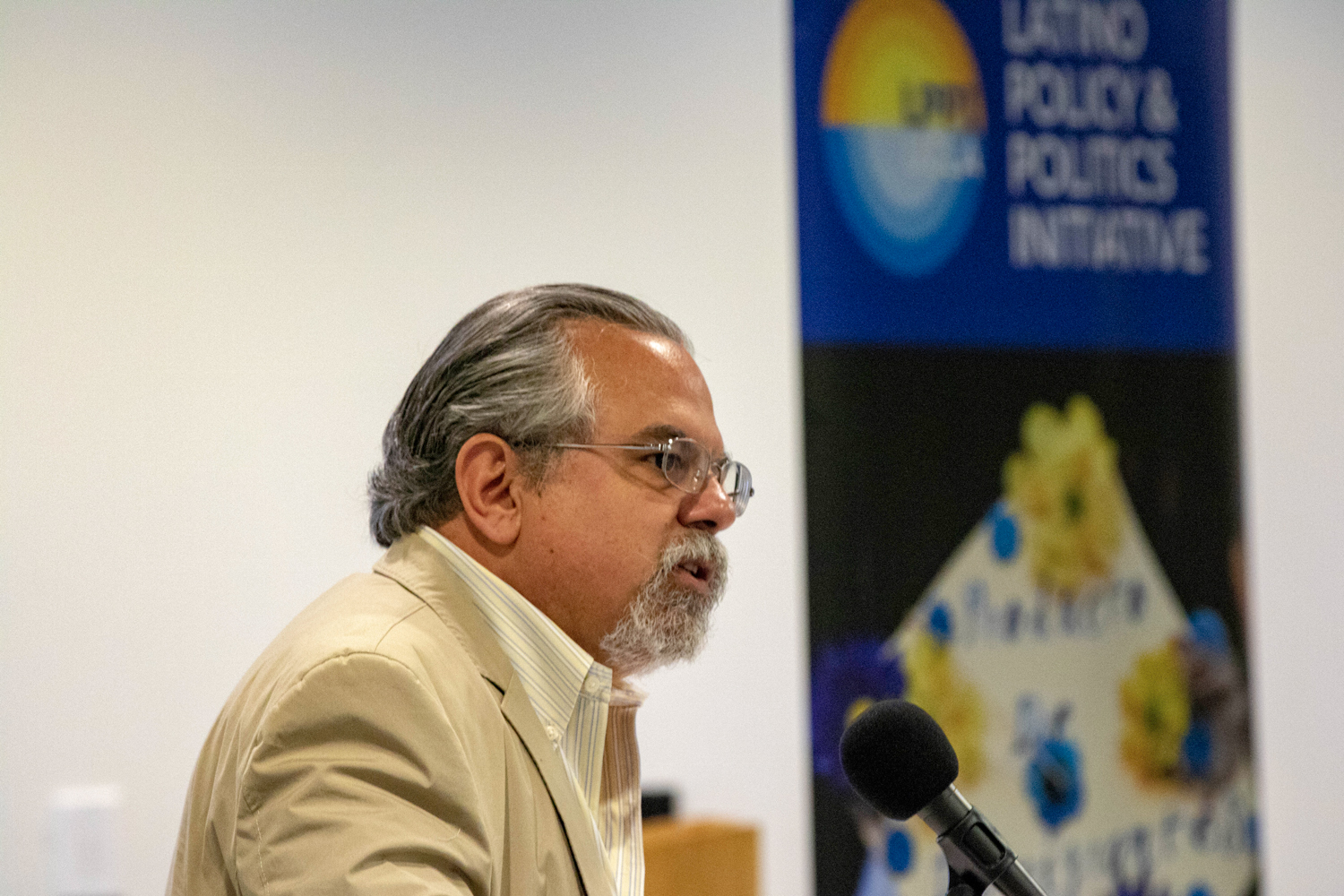
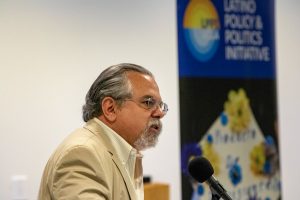
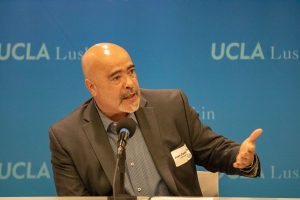
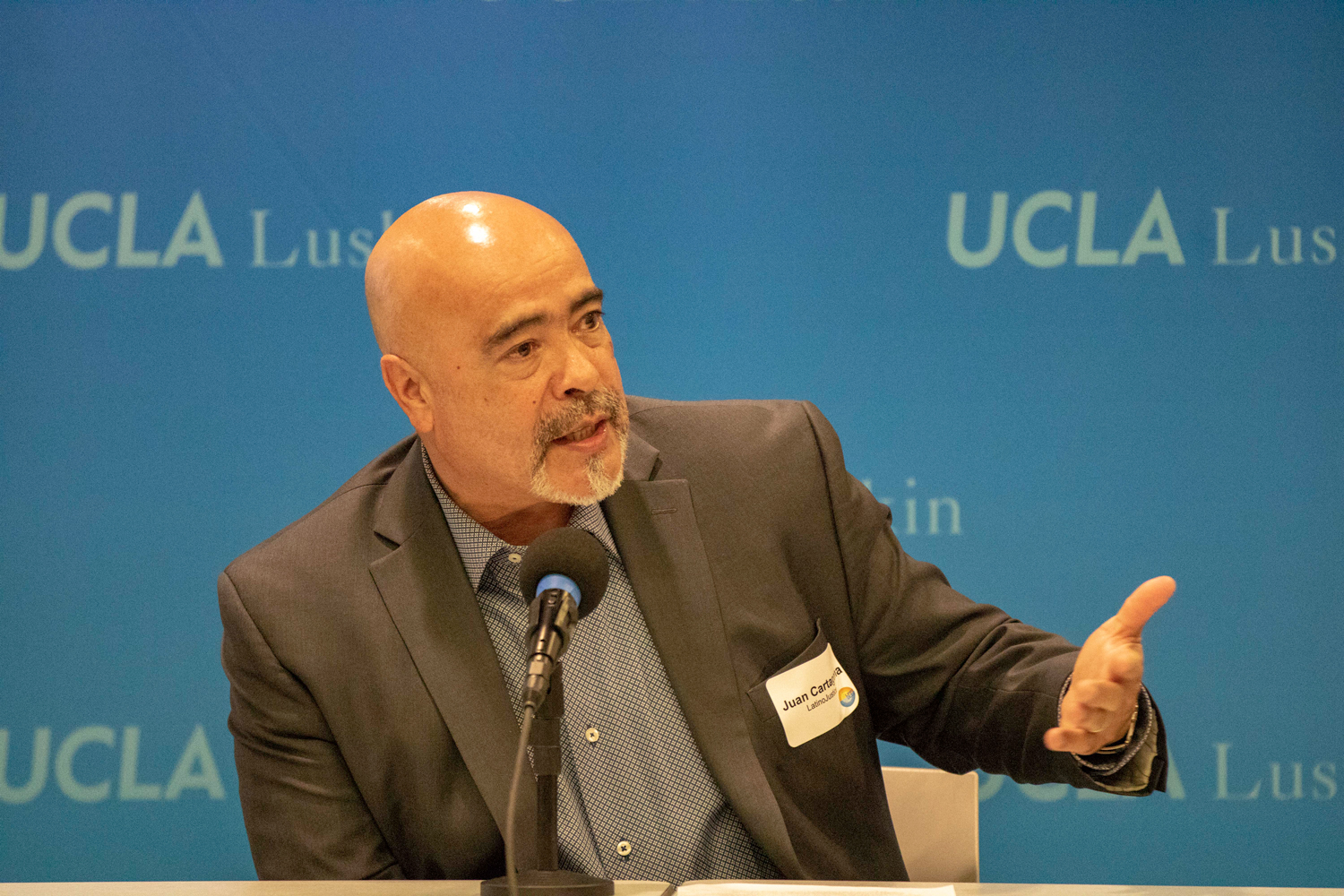
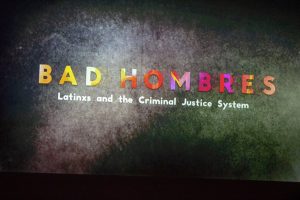
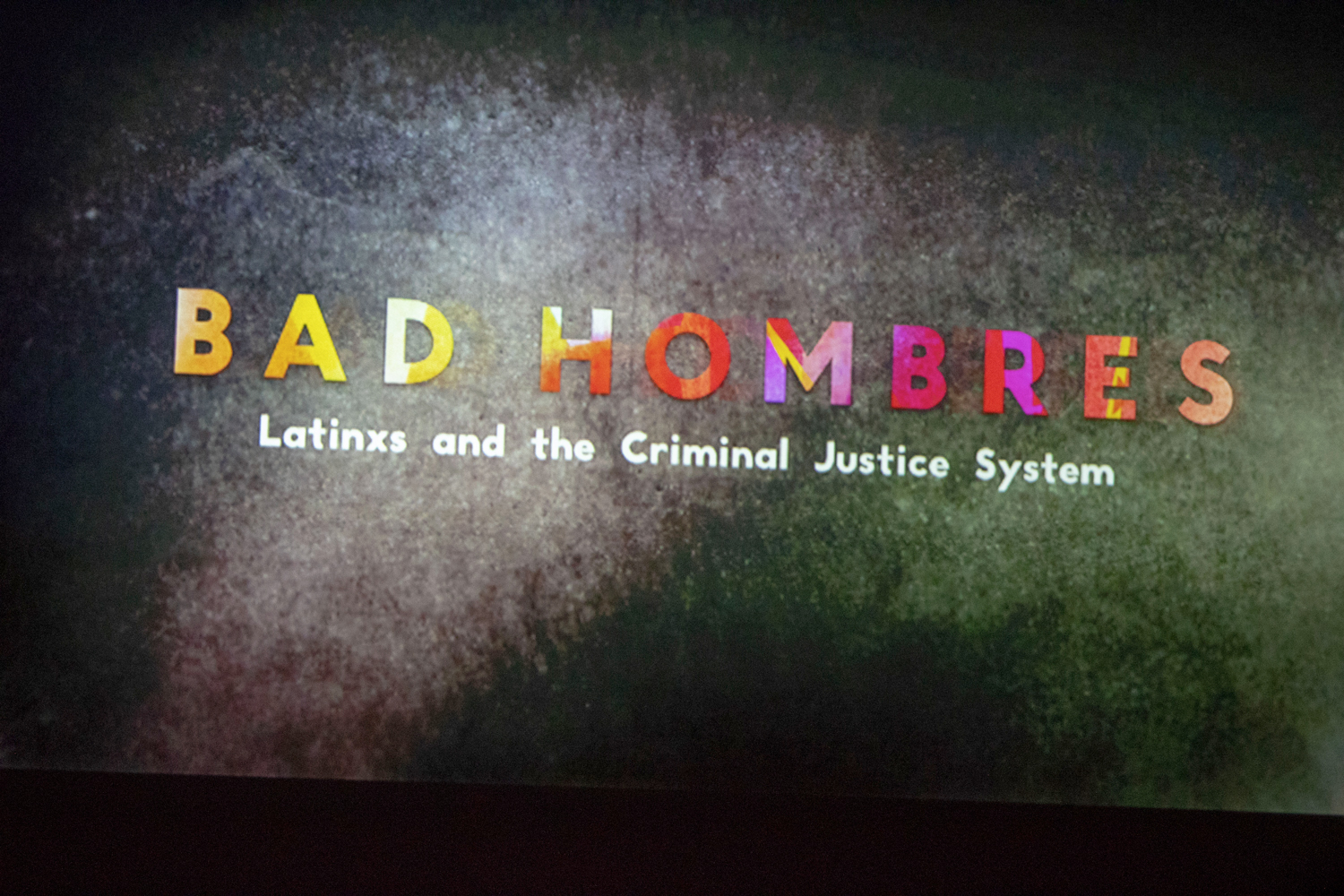
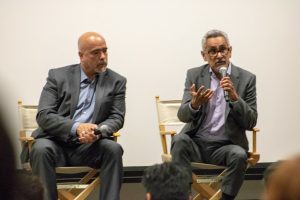
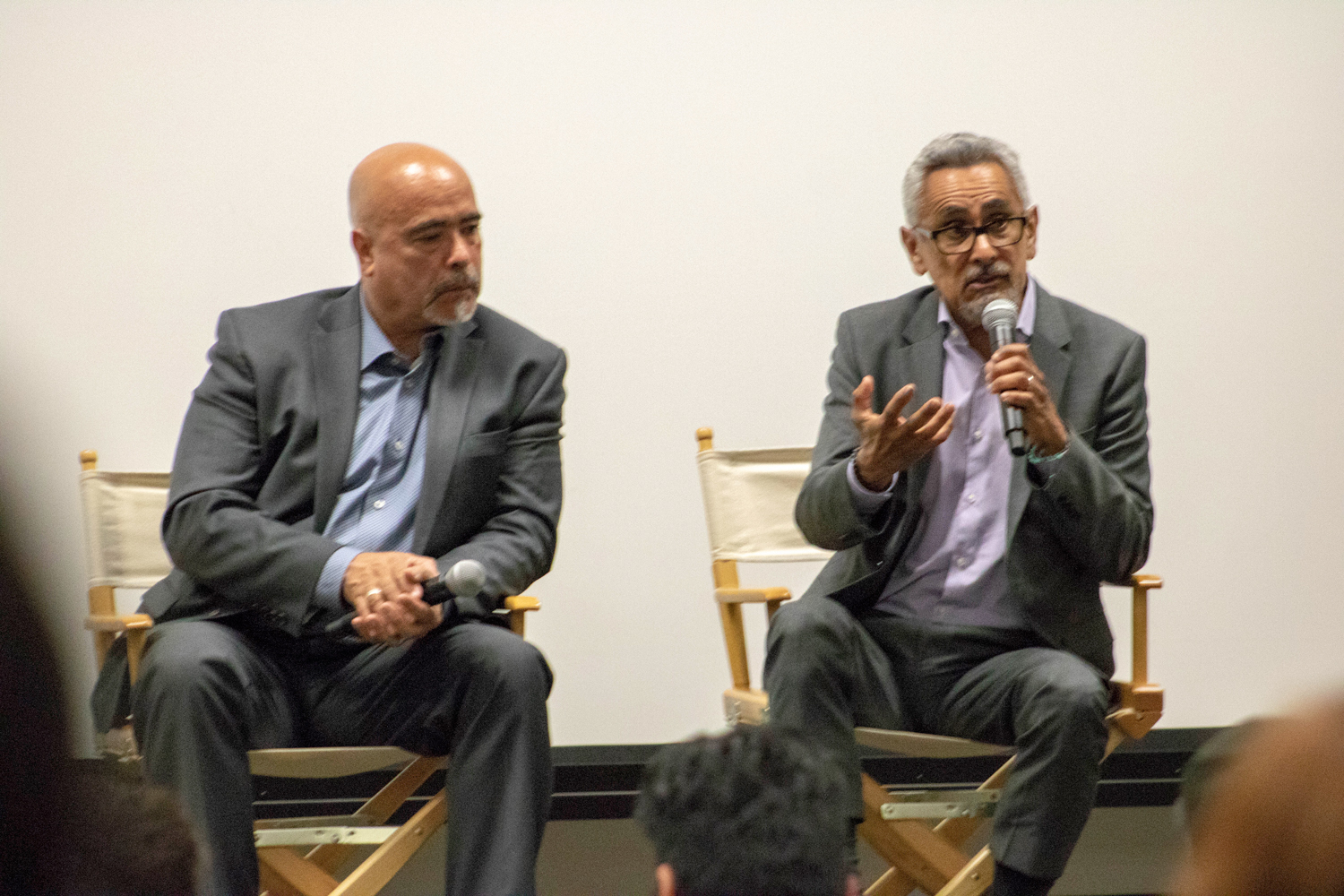
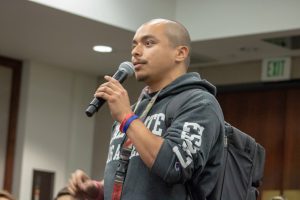
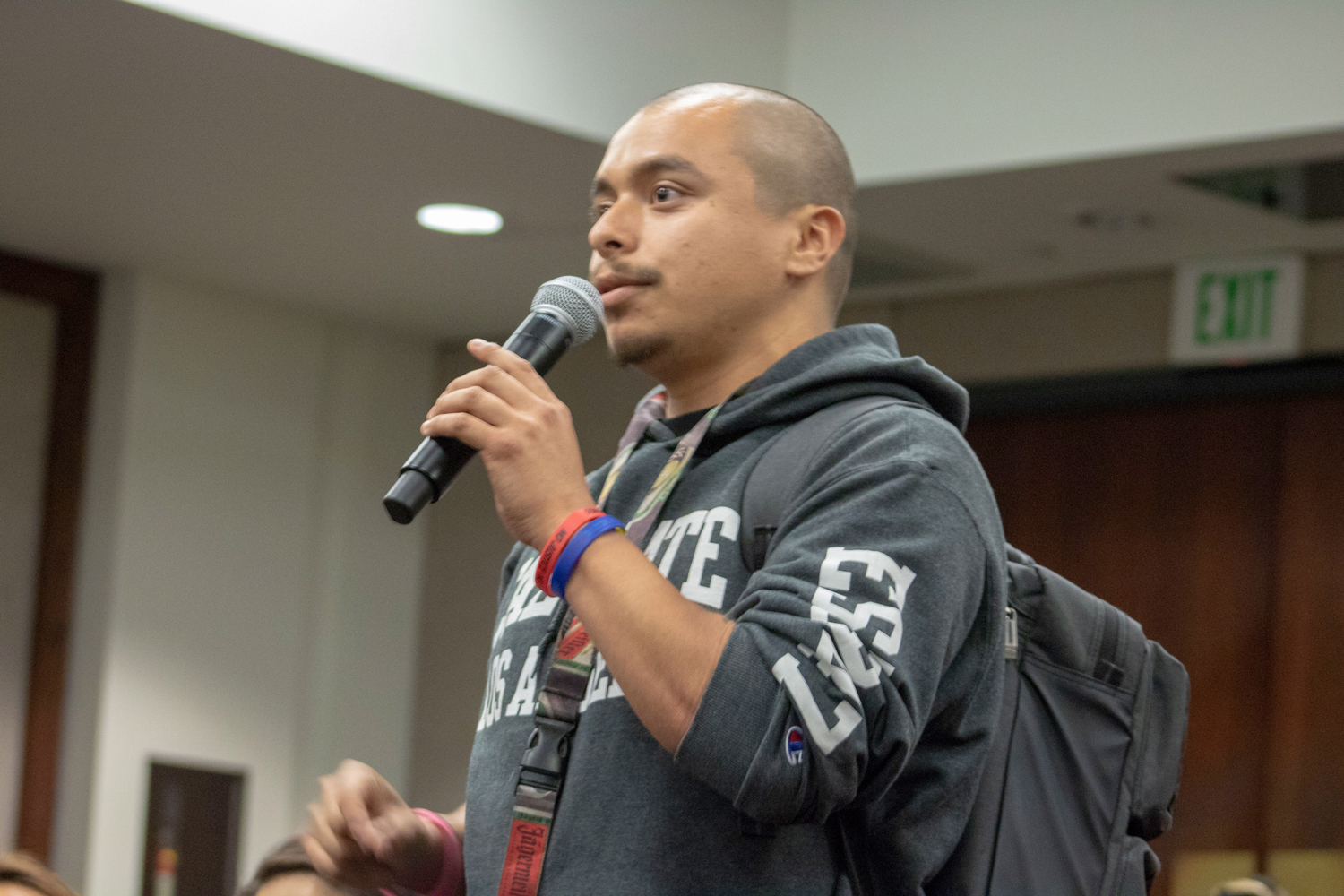
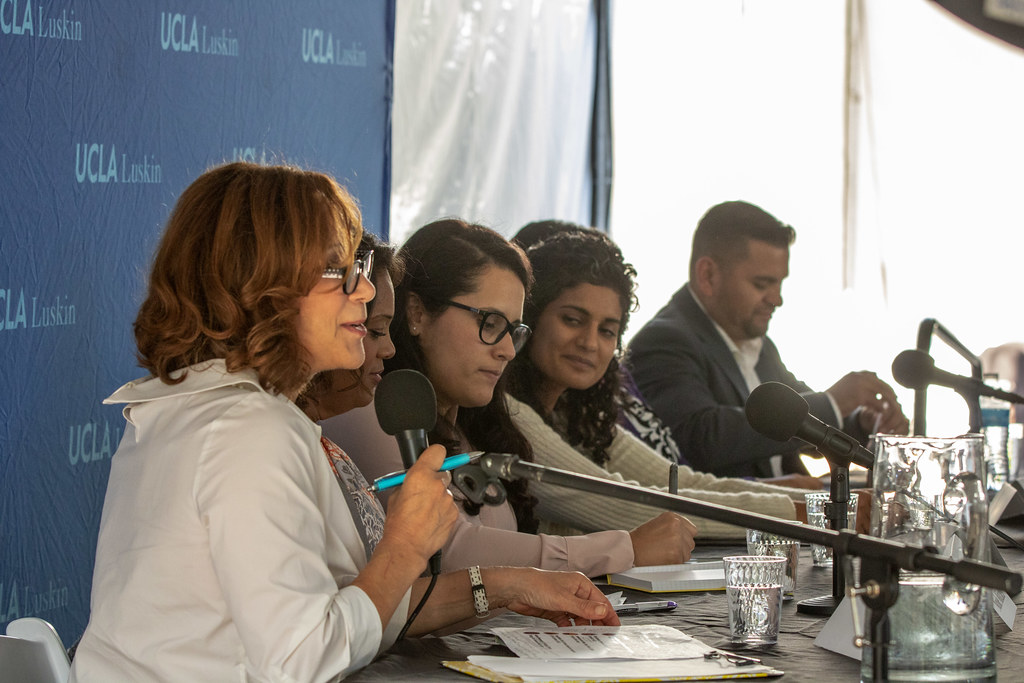
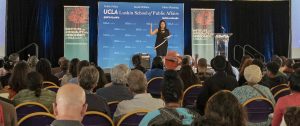
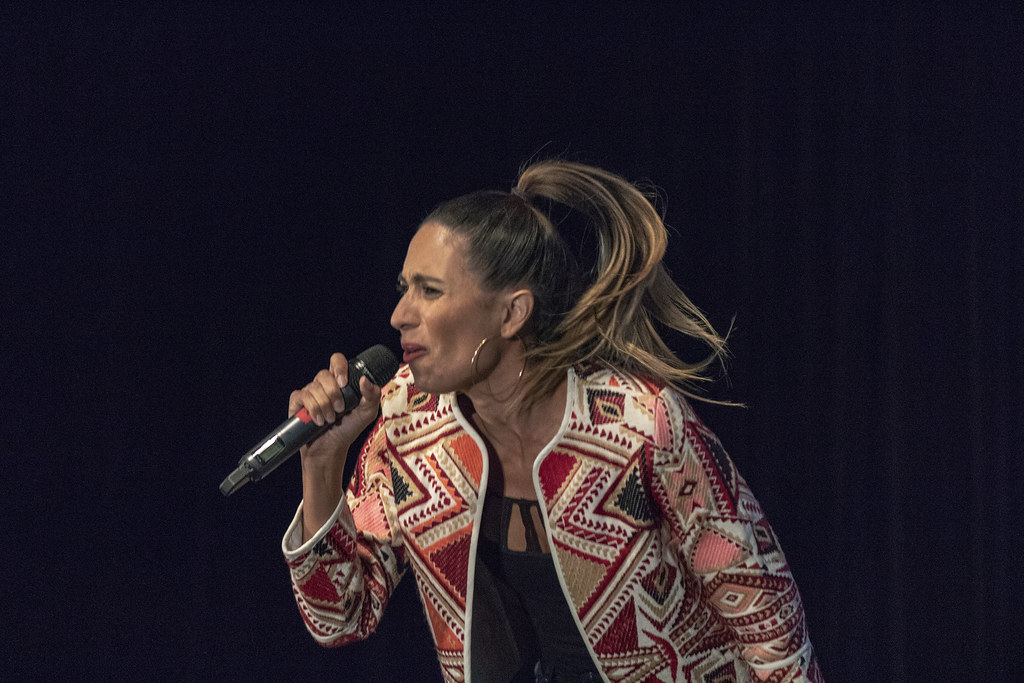
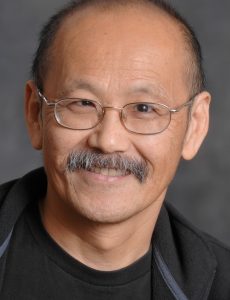 “This report is a sobering snapshot of the inequalities that have persisted in South Los Angeles 50 years since the 1968 report,” said
“This report is a sobering snapshot of the inequalities that have persisted in South Los Angeles 50 years since the 1968 report,” said 